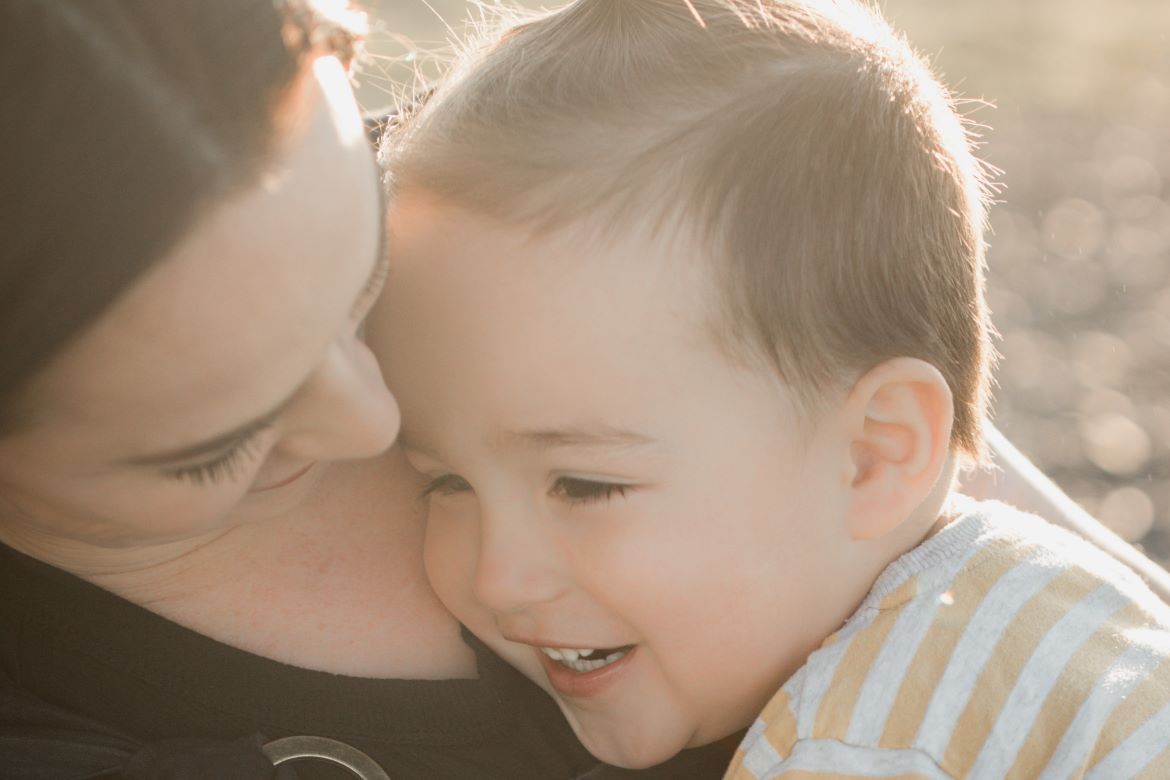By Sarah R. Moore
Coronavirus is a serious illness that’s affecting many people globally. It’s newsworthy because it’s a so-called “novel coronavirus,” meaning it’s different from others that international centres for disease control have encountered previously. It presents with symptoms similar to Middle East Respiratory Syndrome (MERS) and, understandably, the World Health Organization is taking it seriously. For many, however, it’s simply presenting as a mild cold or flu and resolving fairly easily (here are the statistics). As a result, many parents are wondering how much they should be worrying, and how to talk to their children about the outbreak.
We want to have candid discussions with our children to make them aware of COVID-19 (the specific strain that this novel coronavirus is called), but without fear mongering or causing them undue concern.
Let’s start with examining our own understanding of, and reaction to, this new coronavirus. Unfortunately, no one knows how serious this outbreak is likely to become. We can all pray that it disappears before it causes more illnesses or fatalities. It’s a good idea to stay abreast of what the World Health Organization is saying about it to help avoid any misinformation that we might receive from other sources. Rolling updates and information are available here. Note that the name doesn’t change with the new year; it’s still known as the 2019 disease.
We also need to know our part in disease control and prevention. This is not “someone else’s problem” to fix.
What that means for us:
If we feel ill or have a sick child, stay home. Period. Please don’t “wait and see” while going about your business as usual. Indeed, a sniffle is still unlikely to be the coronavirus disease. I don’t suggest we be alarmist about it; panic is the last thing we need. To the extent that others may be worried about it, however, it’s simply courteous to keep our germs to ourselves while we’re on higher alert than usual.
Model behaviour we want to see. According to this report, only 30% of people wash their hands – and of those 30%, only 50% do it right. Please practise good hygiene consistently and have your children do the same.
Prepare accordingly. Experts recommend people have a few weeks’ worth of food, water, and medications on hand.
Contrary to popular belief, the main concern isn’t shortages; it’s simply best to avoid crowds if people in your community have fallen ill.
Many common natural remedies and pharmaceutical options may prove helpful. (source)
Further, we should proactively address potential xenophobia that might come as a result of this outbreak.
Some misguided people might be tempted to blame a particular country or ethnicity for its existence and impact on other countries. Children, unfortunately, might hear this. Please assure your children that, just because COVID-19 appears to have originated in China, that does not make Chinese people responsible for it. It could’ve started anywhere.











